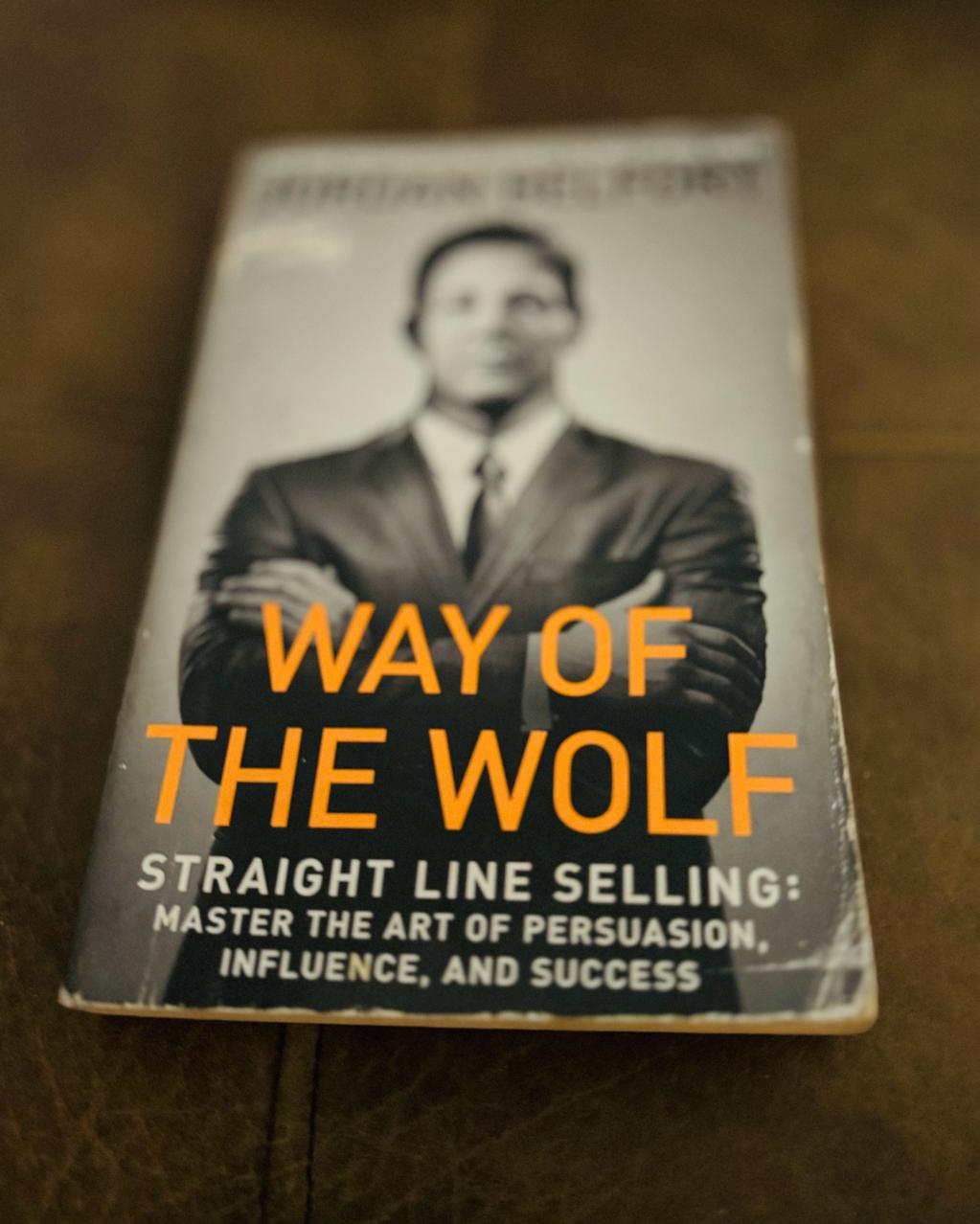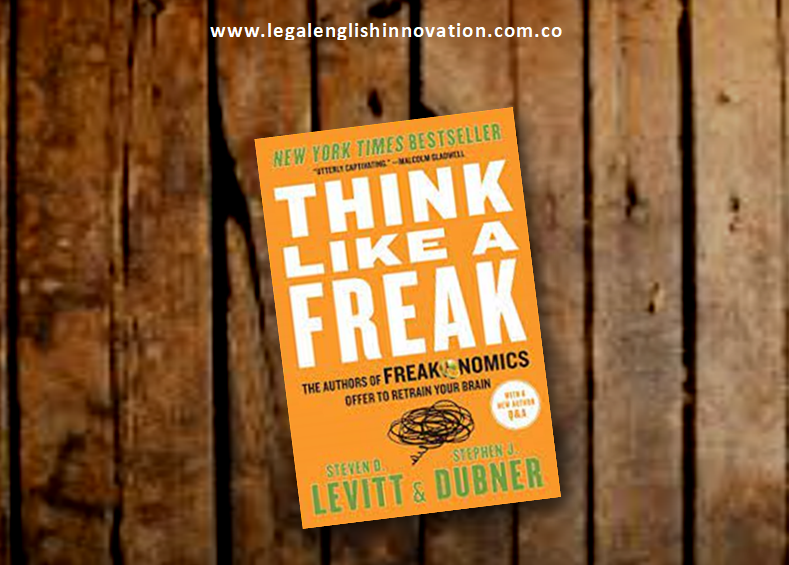The Power of Habit – Free Book Review in English
One might think that this book is plain and simple, but, in “The Power of Habit,” Charles Duhigg offers real ways to truly analyze your habits and how to put these changes in to play based on scientific evidence and case studies.
The book is broken up into three main parts: habits of individuals, habits of successful organizations, and habits of societies.
The basic idea in this book is that habits are a loop of three things: a cue, a routine, and a reward. I think everyone can think of something they would consider a “bad” habit, whether it be overeating, smoking, procrastination… The list can go on and on. It’s pretty easy to recognize what you don’t want to be doing, but the hard part comes when you try to figure out why you’re doing it.
That’s where the rest of the loop comes in. Recognizing your cues (which is much easier in retrospect), is how you can go about realizing true change. The most interesting part of this novel is seeing the real-life examples of how this has been done, whether by one person struggling with biting their nails or a CEO re-imagining how multi-million-dollar companies run. The more times you see this explained (how this person and/or persons found their cues), the more it seems like a possibility in your own life.
I loved that this book not only shows you how you can implement this into your own daily life, but how it can be implemented into your work and society as a whole. These basic concepts can grow and make a huge difference. There could be a hidden catalyst in your life or company that could cause a massive change, for the better. It’s just knowing where, and how, to look for it.
Overall, I would recommend this book to anyone who’s interested in how they think, but also, people who want to know how this concept can impact a whole group, company, or society. Students can apply this to their studies, employees can apply this to their work, but anyone can relate to wanting to change, or at least try to understand, why they do a certain thing they do. As Duhigg points out in the appendix of his book, each chapter in this book explains a different aspect of why habits exist and how they function. This isn’t meant to be comprehensive. This is just a practical guide, a place to tip off.
Keep reading. Form a habit.
Do you know these 5 phrasal verbs?
To break up
To go on
To figure out
To point out
To tip off
5 Phrasal Verbs to Learn
To look after
To put out
To rack up
To run into
To drift around
This love story began 25 years ago when Amor Perfecto’s founder, Luis Fernando, discovered his passion for coffee. His quest: to bring the freshest, best tasting Colombian coffee to the world. To truly appreciate Amor Perfecto, one must first understand Luis’ journey from working with farmers, to himself being a barista and café owner to then being recognized for his coffee with more than 20 international awards.
The irony within this particular coffee love story is that, back in the late 90s, there was no appreciation or well developed “coffee culture” for high-end coffee in Colombia. In fact, it was against the law to roast and/or sell quality beans locally. Land that produced and supplied some of the world’s best “green beans” were, by law, for export only. Colombian citizens were left with consuming what was left—low grade, inferior coffee.
Free Evaluations
Excellent services. Impartial results.
Contact us for free evaluations and testing services. Risk free. Quality guaranteed.






